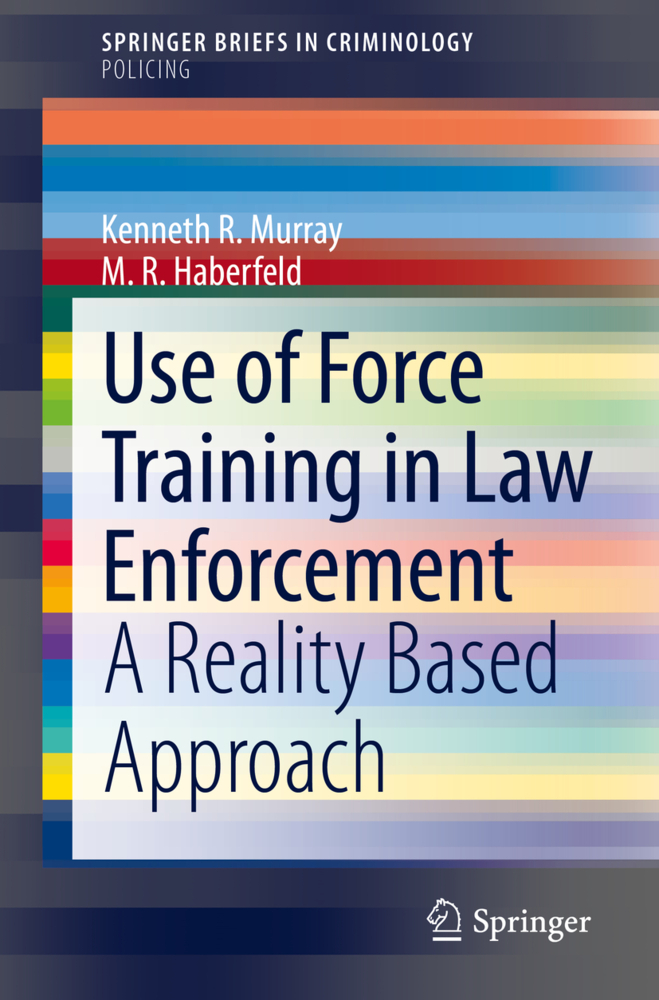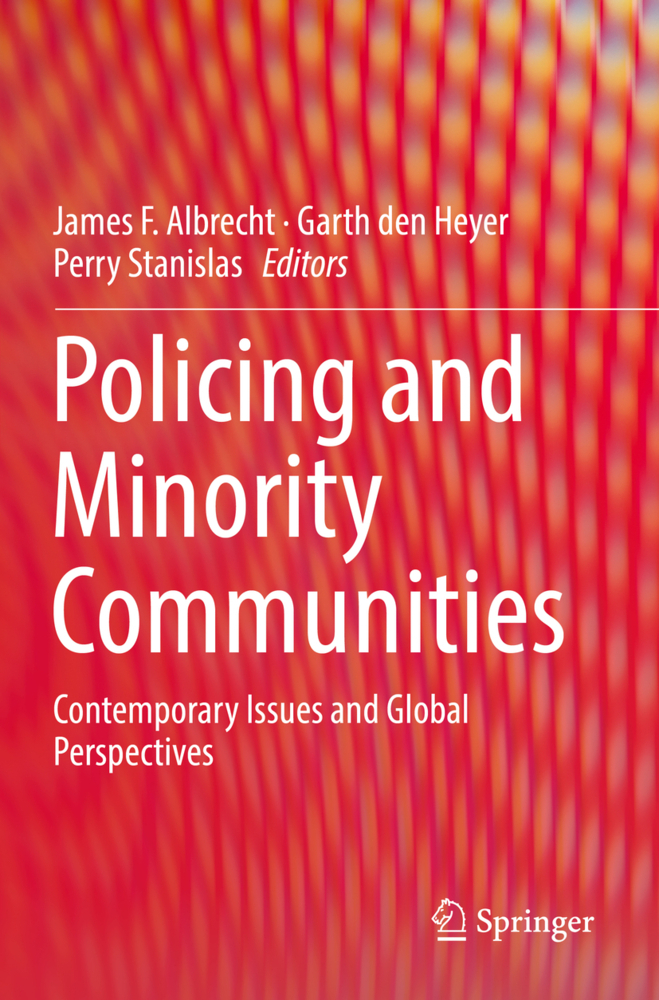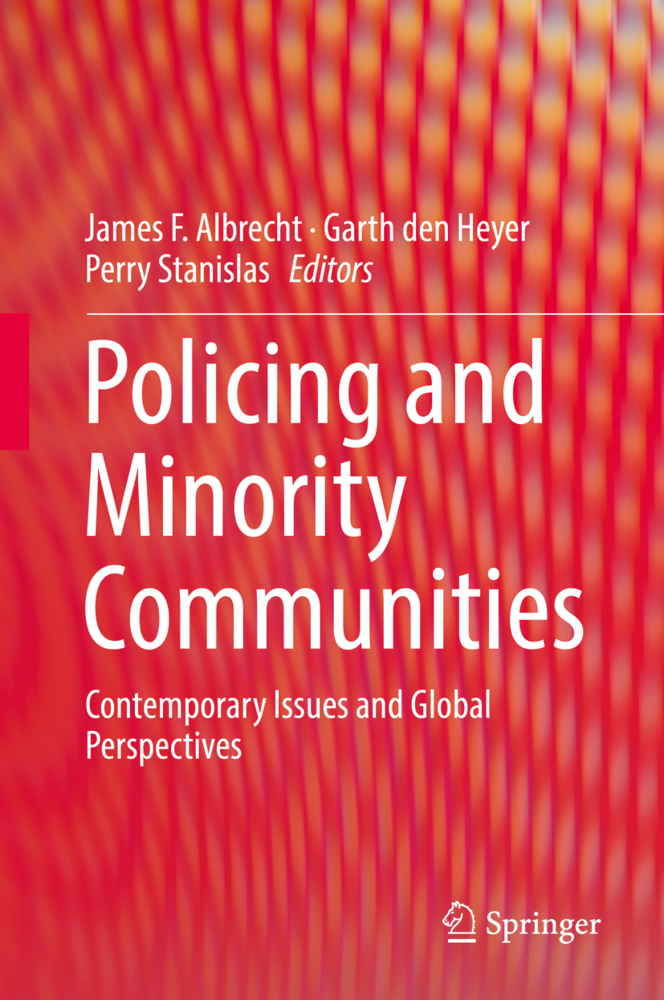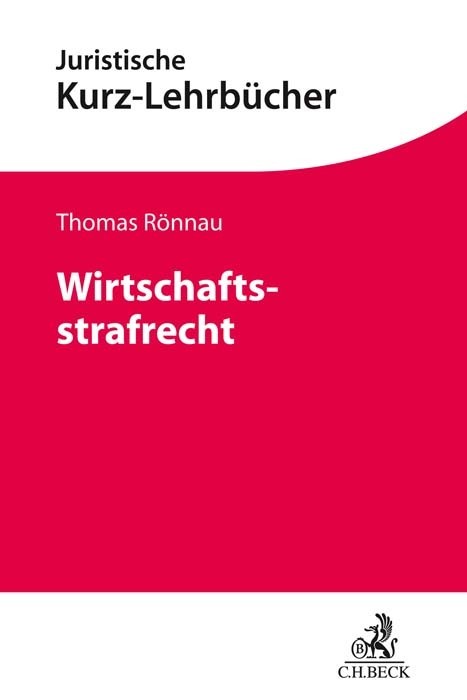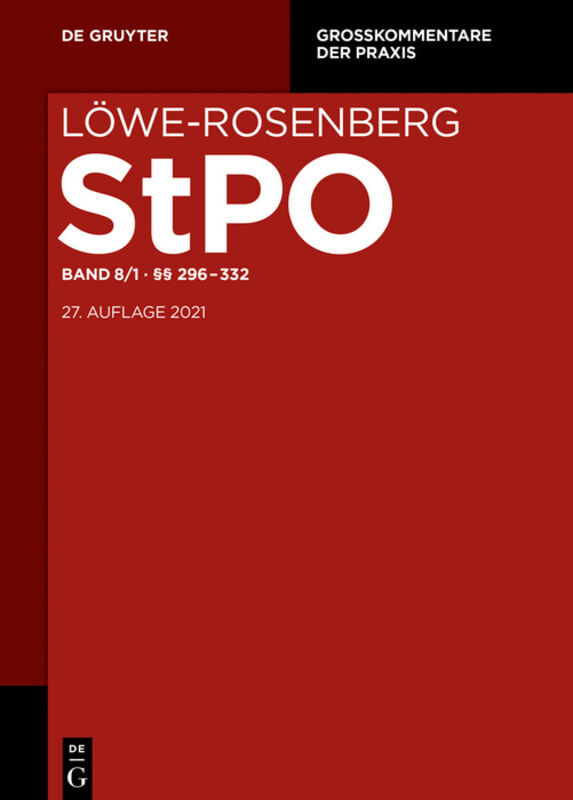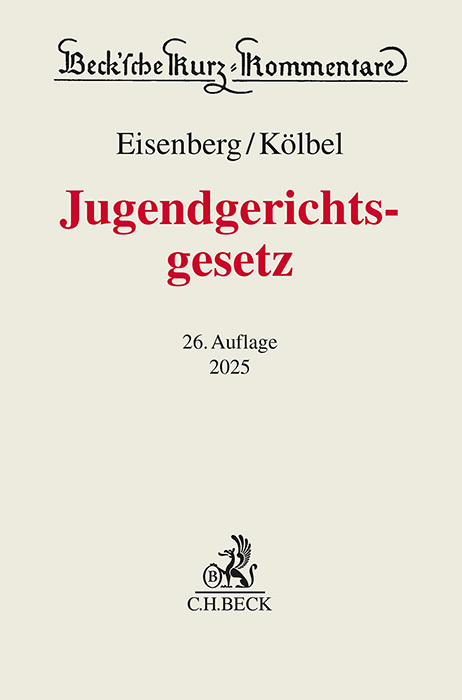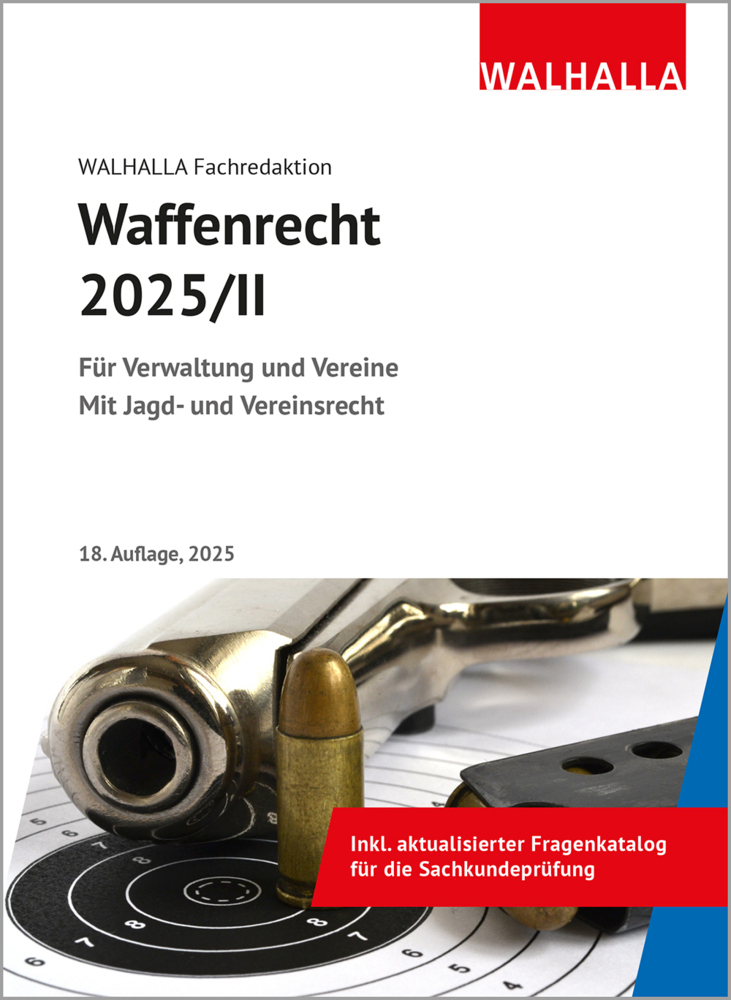Use of Force Training in Law Enforcement
This Brief describes a reality based approach to use-of-force training in law enforcement, an area of growing importance. It explains what scenario-based training is, how it works to improve police-community relations, and provides a guide for how the training can be implemented. This brief will be of value to researchers working to understand the negative impact of use of force on police-community relations, and interested in alternative approaches that integrate academic research with tactical experience.
The traditional use-of-force training paradigm is based on relatively brief training sessions with high student-to-instructor ratios. In scenario-based training, officers listen to social science-based lectures, develop a set of scenarios to be tested in a training environment, and conclude with a debriefing session that brings together the theoretical with the practical, including the consequences of the shooting from the tactical, emotional, psychological, social, and economic angles. This work will be of interest to researchers in criminology, criminal justice, sociology, psychology and related fields, policy-makers, particularly with interest in police legitimacy and police-community relations, as well as practitioners in police organization and training.
Introduction: Perceptions based on our past experiences sometimes take us in the wrong direction
Introducing the Scenario-Based Training: blending psychology, philosophy and technologyWhen all expectations go wrong - Talk, Fight, Shoot or Leave?- Addressing the "Unconsciously incompetent" mode through scenario-based training
Changing behavior : scenario-based training versus the impact of theoretical knowledge.-S uspension of judgment and time out for safety
Victim, witness, perpetrator - the psychological and physiological impacts on police officers
Scenario-Based Training and delivery of the "Unconscious competence." The implementation phase, the u nleashed competence or "the OODA loop" - Observe, Orient, Decide, Act
Conclusions and recommendations for the future.
Murray, Kenneth R.
Haberfeld, M. R.
| ISBN | 978-3-030-59878-5 |
|---|---|
| Artikelnummer | 9783030598785 |
| Medientyp | Buch |
| Auflage | 1st ed. 2021 |
| Copyrightjahr | 2020 |
| Verlag | Springer, Berlin |
| Umfang | XII, 109 Seiten |
| Abbildungen | XII, 109 p. 1 illus. |
| Sprache | Englisch |

